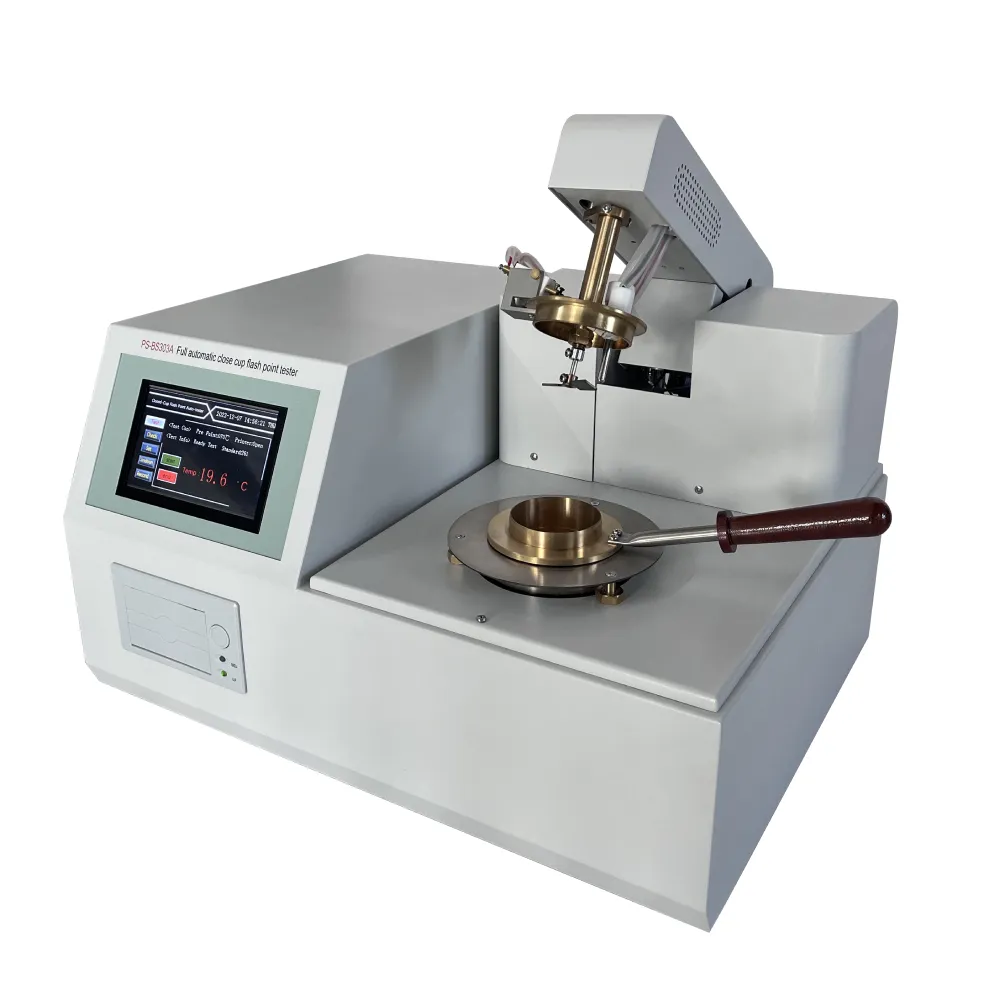 English
English



-
 Afrikaans
Afrikaans -
 Albanian
Albanian -
 Amharic
Amharic -
 Arabic
Arabic -
 Armenian
Armenian -
 Azerbaijani
Azerbaijani -
 Basque
Basque -
 Belarusian
Belarusian -
 Bengali
Bengali -
 Bosnian
Bosnian -
 Bulgarian
Bulgarian -
 Catalan
Catalan -
 Cebuano
Cebuano -
 China
China -
 China (Taiwan)
China (Taiwan) -
 Corsican
Corsican -
 Croatian
Croatian -
 Czech
Czech -
 Danish
Danish -
 Dutch
Dutch -
 English
English -
 Esperanto
Esperanto -
 Estonian
Estonian -
 Finnish
Finnish -
 French
French -
 Frisian
Frisian -
 Galician
Galician -
 Georgian
Georgian -
 German
German -
 Greek
Greek -
 Gujarati
Gujarati -
 Haitian Creole
Haitian Creole -
 hausa
hausa -
 hawaiian
hawaiian -
 Hebrew
Hebrew -
 Hindi
Hindi -
 Miao
Miao -
 Hungarian
Hungarian -
 Icelandic
Icelandic -
 igbo
igbo -
 Indonesian
Indonesian -
 irish
irish -
 Italian
Italian -
 Japanese
Japanese -
 Javanese
Javanese -
 Kannada
Kannada -
 kazakh
kazakh -
 Khmer
Khmer -
 Rwandese
Rwandese -
 Korean
Korean -
 Kurdish
Kurdish -
 Kyrgyz
Kyrgyz -
 Lao
Lao -
 Latin
Latin -
 Latvian
Latvian -
 Lithuanian
Lithuanian -
 Luxembourgish
Luxembourgish -
 Macedonian
Macedonian -
 Malgashi
Malgashi -
 Malay
Malay -
 Malayalam
Malayalam -
 Maltese
Maltese -
 Maori
Maori -
 Marathi
Marathi -
 Mongolian
Mongolian -
 Myanmar
Myanmar -
 Nepali
Nepali -
 Norwegian
Norwegian -
 Norwegian
Norwegian -
 Occitan
Occitan -
 Pashto
Pashto -
 Persian
Persian -
 Polish
Polish -
 Portuguese
Portuguese -
 Punjabi
Punjabi -
 Romanian
Romanian -
 Russian
Russian -
 Samoan
Samoan -
 Scottish Gaelic
Scottish Gaelic -
 Serbian
Serbian -
 Sesotho
Sesotho -
 Shona
Shona -
 Sindhi
Sindhi -
 Sinhala
Sinhala -
 Slovak
Slovak -
 Slovenian
Slovenian -
 Somali
Somali -
 Spanish
Spanish -
 Sundanese
Sundanese -
 Swahili
Swahili -
 Swedish
Swedish -
 Tagalog
Tagalog -
 Tajik
Tajik -
 Tamil
Tamil -
 Tatar
Tatar -
 Telugu
Telugu -
 Thai
Thai -
 Turkish
Turkish -
 Turkmen
Turkmen -
 Ukrainian
Ukrainian -
 Urdu
Urdu -
 Uighur
Uighur -
 Uzbek
Uzbek -
 Vietnamese
Vietnamese -
 Welsh
Welsh -
 Bantu
Bantu -
 Yiddish
Yiddish -
 Yoruba
Yoruba -
 Zulu
Zulu
viscosity tester for oil
Understanding the Importance of Viscosity Testers for Oil
In the world of lubrication and engine performance, oil viscosity is one of the most crucial parameters to monitor. Viscosity refers to the thickness or resistance to flow of a fluid. It affects how well an oil can lubricate components within an engine, impacting efficiency, performance, and longevity. Therefore, viscosity testers for oil have become essential tools in both industrial and automotive settings.
What is Viscosity?
Viscosity can be defined as a measure of a fluid's resistance to flow. In simple terms, it describes how 'thick' or 'thin' a liquid is. For instance, honey has a higher viscosity than water, meaning it flows more slowly. In the context of lubricating oils, viscosity is vital because it dictates how well the oil can create a film between moving parts. Oils with the right viscosity ensure minimal friction and wear, ultimately leading to improved engine health.
The Role of Viscosity Testing
Viscosity testing allows manufacturers and maintenance professionals to determine the flow characteristics of oils under various temperature conditions
. This testing is important for several reasons1. Quality Assurance Viscosity testers help maintain the quality of oil throughout its production process. By testing viscosity, manufacturers can ensure that their products meet industry standards and specifications.
2. Performance Monitoring In automotive and industrial applications, regular viscosity testing can help monitor oil condition. As oil degrades, its viscosity can change, leading to less effective lubrication. By routinely checking viscosity, engine operators can replace oil at the right intervals.
viscosity tester for oil

3. Customization of Oils Different engines require different oil viscosities for optimal performance. Viscosity testers can assist scientists and engineers in formulating oils tailored for specific applications, enhancing performance and meeting unique operating conditions.
How Viscosity Testers Work
Viscosity testers come in various designs and technologies, from simple handheld devices to complex laboratory instruments. Most viscosity measurement methods fall into two categories kinematic and dynamic viscosity measurements.
- Kinematic Viscosity Testers These devices measure the time it takes for a specific volume of oil to flow through a capillary tube under gravitational force. This method is commonly used for oils that are significantly lower in viscosity.
- Dynamic Viscosity Testers Also known as rotational viscometers, these instruments apply a torque to the fluid and measure the resulting flow. This method is useful for high-viscosity oils, providing more accurate results over a range of temperature and shear rates.
Both types of testers are crucial in providing insights into how oil will behave under real engine operating conditions, thereby helping engineers and operators make informed decisions.
Conclusion
In summary, viscosity testers for oil are indispensable tools that play a vital role in ensuring that lubricating oils maintain their effectiveness over time and under various conditions. By accurately measuring and monitoring oil viscosity, these instruments aid in quality control, performance analysis, and the development of customized oil formulations. For industries ranging from automotive to industrial machinery, investing in efficient viscosity testing processes is a step towards enhancing operational efficiency, reducing equipment wear, and ultimately saving costs. As technology continues to advance, the importance of precise viscosity measurement will only increase, emphasizing the crucial role of viscosity testers in modern lubrication and engine management practices.
-
Exploring the Main Types of Industrial Endoscopes and Their Applications Across IndustriesNewsJul.04,2025
-
Testing Equipment Industry Sees Major Advancements in 2025: Smart & Precision Technologies Lead the WayNewsJun.06,2025
-
Applications of Direct Current Generators in Renewable Energy SystemsNewsJun.05,2025
-
Hipot Tester Calibration and Accuracy GuidelinesNewsJun.05,2025
-
Digital Circuit Breaker Analyzer Features and BenefitsNewsJun.05,2025
-
Benefits of Real-Time Power Quality Monitoring Devices for Industrial EfficiencyNewsJun.05,2025



